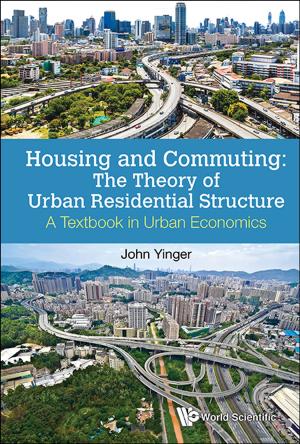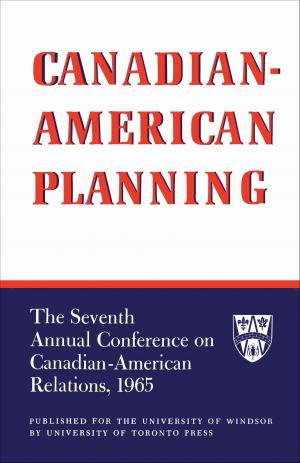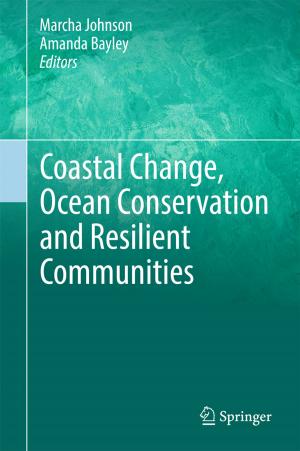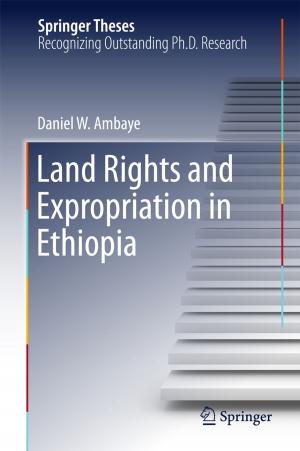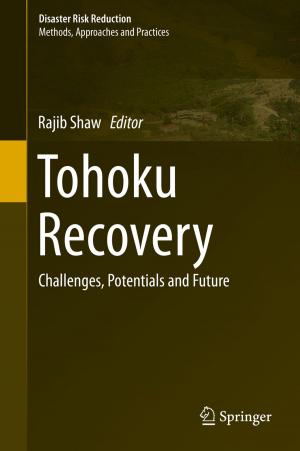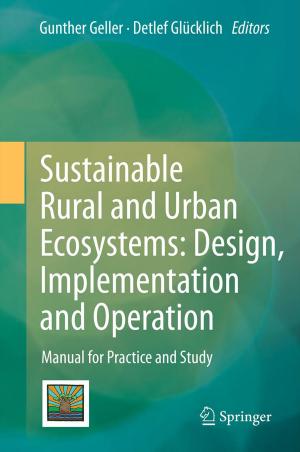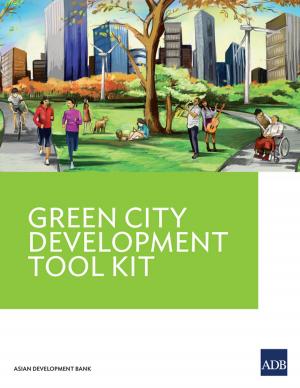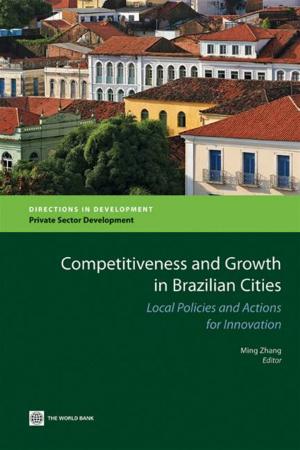Biofuels. An Overview.
Nonfiction, Science & Nature, Science, Chemistry, Technical & Industrial, Social & Cultural Studies, Political Science, Politics, City Planning & Urban Development| Author: | Ian J Miller | ISBN: | 9781311686602 |
| Publisher: | Ian J Miller | Publication: | July 31, 2014 |
| Imprint: | Smashwords Edition | Language: | English |
| Author: | Ian J Miller |
| ISBN: | 9781311686602 |
| Publisher: | Ian J Miller |
| Publication: | July 31, 2014 |
| Imprint: | Smashwords Edition |
| Language: | English |
During the 1970s oil crisis, Dr Miller was a Section Head at New Zealand's national chemistry laboratory, and during this period he surveyed the technology available to make biofuels, and embarked on his own program. Now, with a further resurgence of interest in biofuels, he has repeated the exercise. This ebook summarizes the biomass resources that might be used to make biofuels, it considers the technologies available to convert such resources to fuel, and it outlines some of the physical constraints involved in converting a transport system based on oil to renewables. There is no prescription of what will solve these problems because there are too few data, but it tries to outline what we know and what we do not know.
There is not an indefinite supply of oil and the planet can only take so much burning of fossil fuels without serious adverse consequences. While wasteful use should be avoided we cannot close down a transport system. We must also grow sufficient food, and other resources such as wood. This ebook outlines at least some of the options that remain available.
During the 1970s oil crisis, Dr Miller was a Section Head at New Zealand's national chemistry laboratory, and during this period he surveyed the technology available to make biofuels, and embarked on his own program. Now, with a further resurgence of interest in biofuels, he has repeated the exercise. This ebook summarizes the biomass resources that might be used to make biofuels, it considers the technologies available to convert such resources to fuel, and it outlines some of the physical constraints involved in converting a transport system based on oil to renewables. There is no prescription of what will solve these problems because there are too few data, but it tries to outline what we know and what we do not know.
There is not an indefinite supply of oil and the planet can only take so much burning of fossil fuels without serious adverse consequences. While wasteful use should be avoided we cannot close down a transport system. We must also grow sufficient food, and other resources such as wood. This ebook outlines at least some of the options that remain available.



